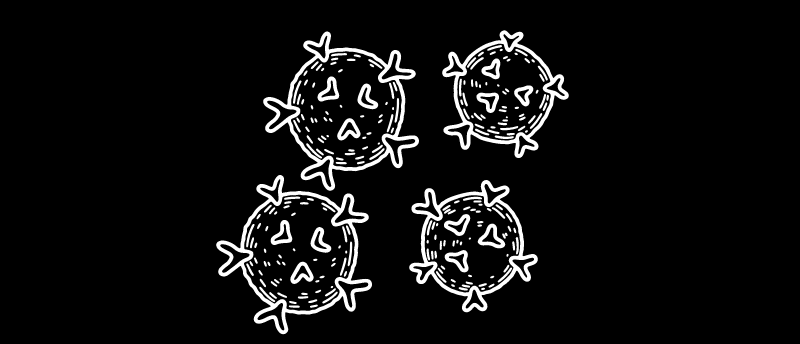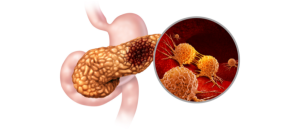Making CAR-T cell therapies customizable with SNAPtag

Scientists develop a universal receptor that enables engineered CAR-T cells to target multiple tumor antigens.
Researchers at the University of Pittsburgh and UPMC Hillman Cancer Centre (both PA, USA) have developed a new universal receptor system that enables engineered T cells to recognize a broader range of cell surfaces. This research could be applied to improve therapies including CAR-T cell therapies for cancer and autoimmune disorders.
CAR-T cell therapies rely on engineered T cells that have a modified chimeric antigen receptor (CAR) that binds to a specific target. In current CAR-T cell therapies in clinical use, this target is a tumor surface-specific antigen. However, a disadvantage of this approach is that cells can only target one antigen and must be re-engineered if the targeted antigen is no longer expressed by a tumor.
In contrast, this study demonstrated an approach in which the same group of engineered T cells could be directed to target a range of antigens. This is because the CAR is engineered to have a universal ‘SNAPtag’ molecule, which can be covalently bonded to any antibody that has been modified with a benzylguanine group. This means that scientists can co-administer SNAP-CAR-T cells with multiple tumor-targeting antibodies either at the same time or one after the other to target multiple antigens on the same tumor. This engineering is an example of bio-orthogonal chemistry, meaning that the reaction occurs without interfering with natural processes.
 Biosensor mouse model reveals drug-resistant pockets in pancreatic cancer
Biosensor mouse model reveals drug-resistant pockets in pancreatic cancer
A novel biosensor mouse model enables live imaging of pancreatic cancer drug response.
When tested in vitro, SNAP-CAR-T cells activated with two kinds of antibodies were able to induce simultaneous lysis of both targeted cell lines in a mixed cell population while activation with a single antibody only induced lysis in the cell line that presented the specific antigen. In a human tumor xenograft mouse model of cancer, SNAP-CAR-T cells shrunk the tumors and prolonged survival.
Senior author Jason Lohmueller (University of Pittsburgh) explained that the group is unique in fusing the T cells to antibodies using a covalent attachment. He said, “This type of bio-orthogonal approach has been shown to work in animals for imaging purposes, but we’re among the first to use it therapeutically, so we’re really pushing the boundaries of covalent technology.”
Lohmueller added that the strength of the covalent bond enables receptor activation with lower antibody doses.
They also performed mathematical modeling, which suggested receptors may be activated by weaker interactions between antibodies and tumor cells. This could enable a broader range of cancer proteins to be targeted.
The team demonstrated for the first time that a universal receptor could be applied to synthetic Notch (synNotch) receptors. These are different types of engineered cells that can enable the activation of specific genes using the Notch pathway. They found that the SNAP-SynNotch receptors could be activated in response to various targets in vitro when the relevant antibodies were added.
Next, the researchers hope to test the SNAP-CAR-T cell approach in clinical trials in partnership with Coeptis Therapeutics (PA, USA) – a biopharmaceutical company that has licensed the SNAP-CAR technology.